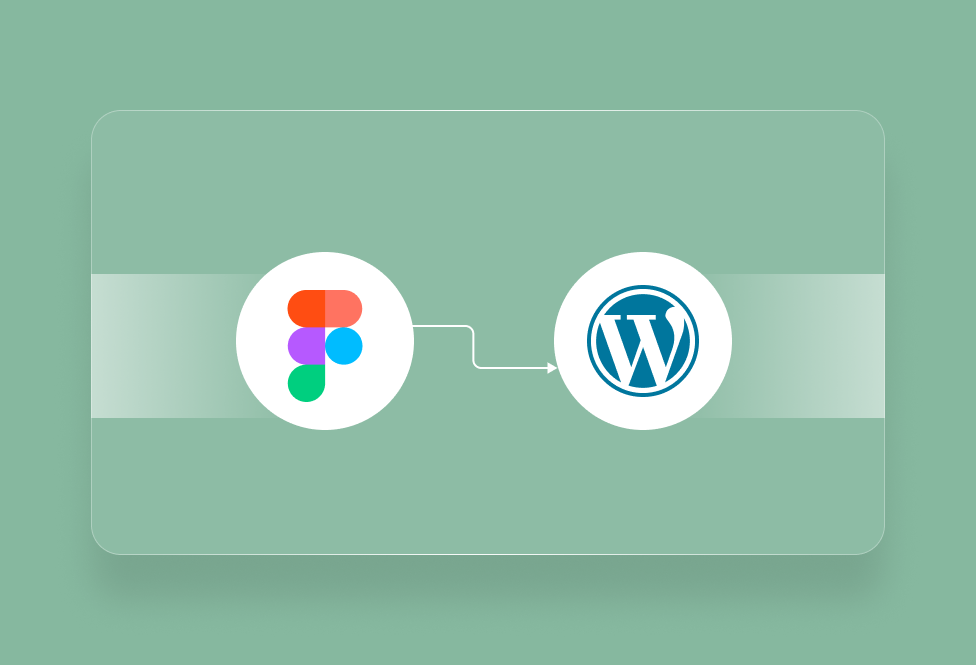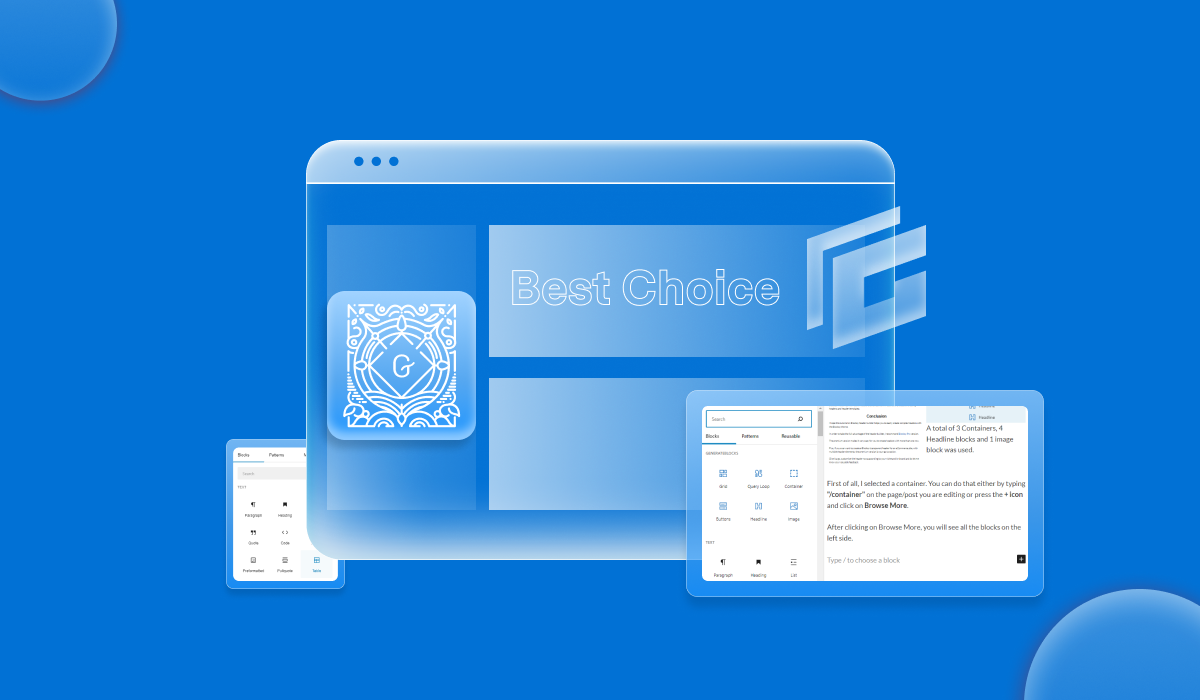
Business
10 Questions to Ask Before Choosing a Tech Partner…
Choosing a tech partner for your winery? Skip the generic questions. These 10 tailored ones will help you find a…
Technology
How We Scored 97% on Google PageSpeed with WordPre…
Discover the exact strategies JNext Services used to score 97+ on Google PageSpeed for WordPress—clean code, fast themes, and zero…
Technology
What Makes a Great Cannabis E-commerce Website?
Discover why launching a cannabis eCommerce website in 2025 is a smart move. Learn the must-have features, monetization tips, and…











TEAM id
jnext_services
email us [email protected]
india
+91 98587 63596
United Kingdom
+ 44 77679 57915